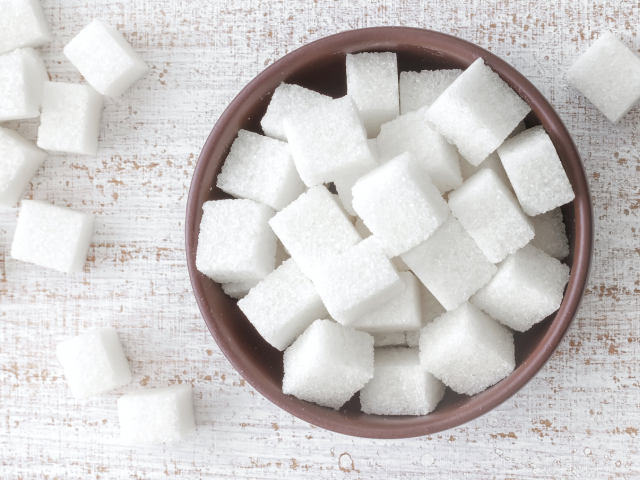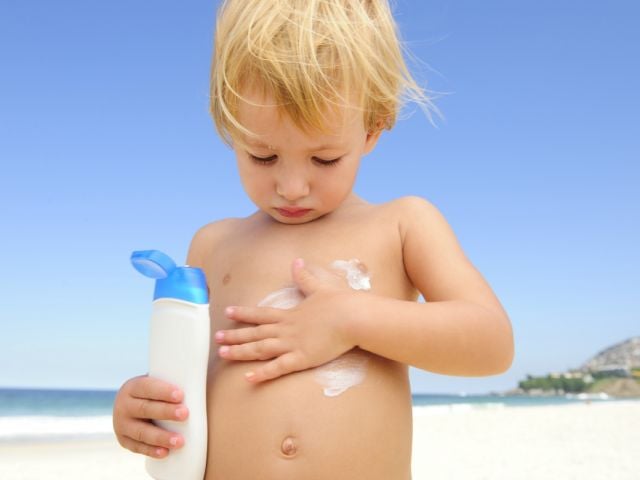Stay up to date with EWG and explore our latest news releases.
Displaying 241 - 255 of 255
Higher Levels of Flame Retardants Found in California Children
Flame retardant chemicals linked to cancer and hormone disruption have been detected in a group of California children at higher levels than found in an earlier study of kids in New Jersey, EWG...

In Kids’ Cereals, Mini-Servings Hide Mountains of Sugar
Kids who eat a bowl a day of the most popular pre-sweetened cereals could consume five to nine pounds more sugar a year than parents might think from reading nutrition labels, according to a new...

EWG Releases 2016 Guide to Sunscreens
Almost three-fourths of the 750 sunscreens evaluated for EWG's annual Guide to Sunscreens, released today, offer inferior protection or contain worrisome ingredients like oxybenzone, a hormone...

Baby Products Can Expose Infants to a Toxic Chemical, Study Finds
Researchers found a fire-retardant chemical that could disrupt the hormone system in the urine of babies who were apparently exposed with baby products such as bassinets, car seats and nursery gliders...

Johnson & Johnson Cleans Formaldehyde Out Of Baby Products, Moving To Adult Goods
Washington, D.C. – EWG executive director Heather White said that personal care products giant Johnson & Johnson has taken a major step forward by reformulating about 100 of its baby products to...
EWG’s 2013 Guide to Sunscreens: What to Use, What to Lose
Ahead of the Memorial Day holiday, Environmental Working Group today released its 7th annual Sunscreen Guide rating the safety and efficacy of more than 1,400 sunscreens, lotions, lip products and...
Cleaning Products Marketed as Safe for Babies Contain Known Human Carcinogen
FDA To Bar BPA From Baby Bottles, Sippy Cups
Less than a year after the state of California banned baby bottles and sippy cups made with the toxic plastics chemical bisphenol-A, BPA, the federal government has followed suit.
FDA to Ban BPA from Infant Formula
The federal Food and Drug Administration has informed Rep. Edward M. Markey (D-MA) that it is beginning a process that could end the use of the toxic plastics chemical bisphenol A, or BPA, in infant...
Kids’ Cereals Pack More Sugar Than Twinkies and Cookies
Children’s Bath Products Contaminated with Formaldehyde, 1,4-Dioxane
Study Shows Infants Exposed to Reproductive Toxins from Shampoo, Lotion, and Powder
BPA Levels in Canned Infant Formula Poses Higher Risk Than Baby Bottles
EWG Supports Proposed Toxics Legislation
Study Documents How Shooting Ranges Poison Children; One of the Nation's Top Lead Polluters
Pagination
- First page
- Previous page
- …
- Page 5
- Page 6
- Page 7
- Page 8
- Page 9
- Page 10
- Page 11
- Page 12
- Current page 13